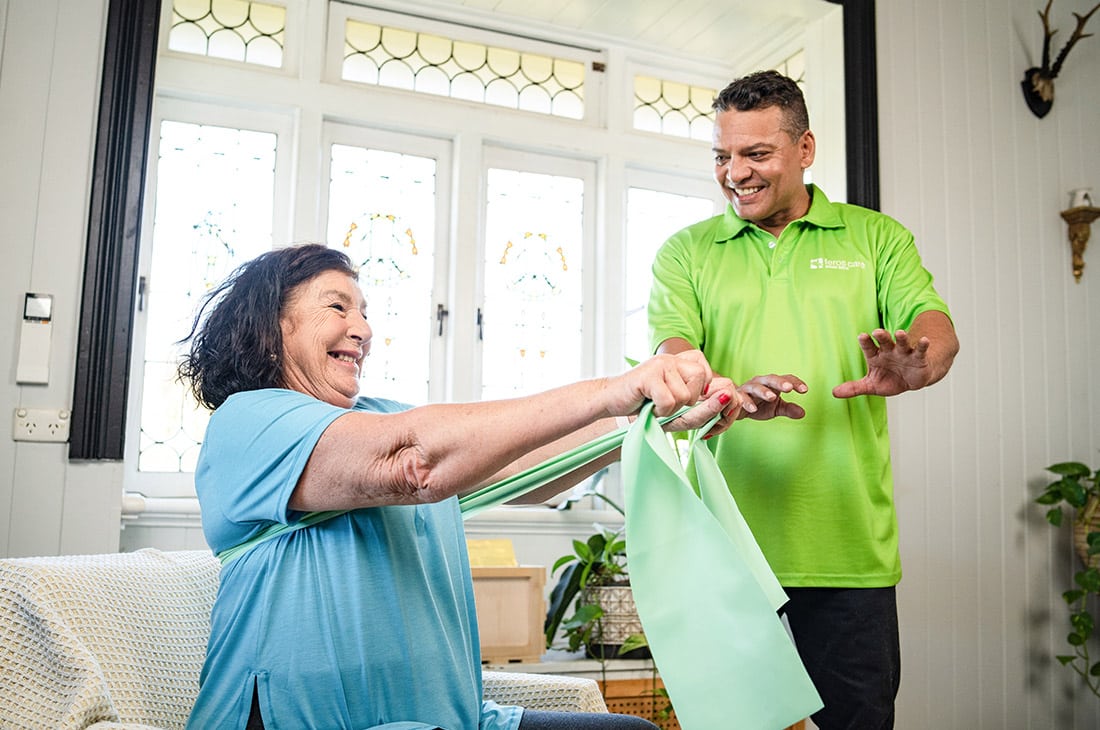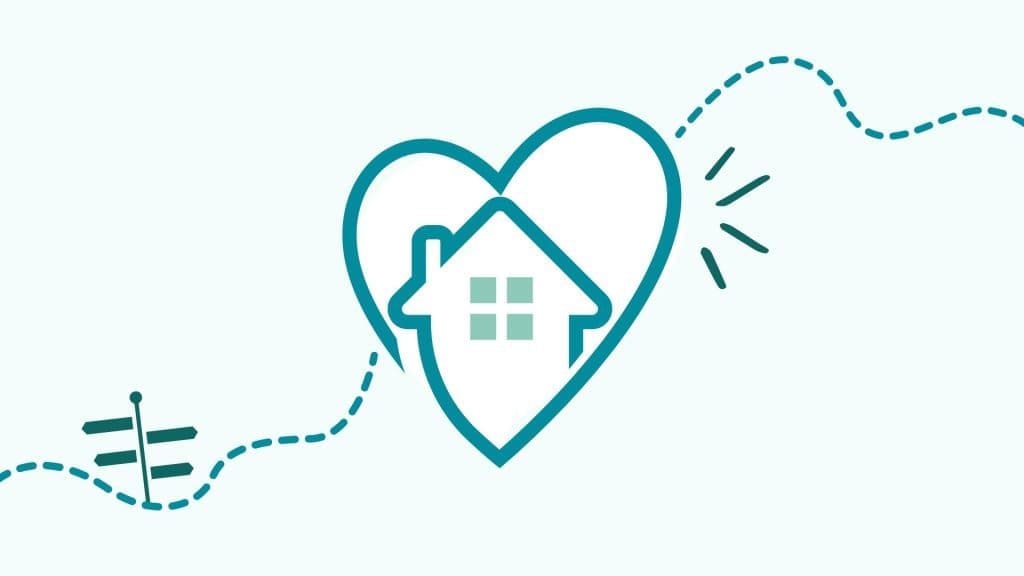In Home Caregivers and NDIS Plan Manager Roles: Navigating Home Care Providers in Australia
In Home Caregivers and NDIS Plan Manager Roles: Navigating Home Care Providers in Australia
Blog Article
The Growing Need for In Home Treatment Givers: Reasons Households Choose Professional Care Over Traditional Facilities
The increasing choice for at home caretakers over conventional centers is a significant pattern improving the landscape of senior care. Households are attracted to the advantages of individualized treatment that lines up with private demands and preferences, enabling elders to maintain a feeling of autonomy in a familiar atmosphere. This shift also highlights the emotional and economic considerations that influence decision-making. As we explore the myriad elements contributing to this expanding demand, the implications for both family members and caregivers come to be progressively noticeable. What does this mean for the future of caregiving?
Personalization of Treatment
Customization of care in home caregiving is vital for satisfying the unique demands of each person (ndis support coordinator). This approach makes certain that treatment plans are tailored to the certain demands of the person, considering their clinical history, individual choices, and way of life. By concentrating on the individual's distinct situations, caregivers can foster a sense of self-respect and autonomy, which is commonly lacking in more institutionalized setups
Home caregiving permits for constant observation and alteration of care approaches, ensuring that changes in health and wellness status or personal preferences are without delay addressed. Eventually, individualized treatment in home setups significantly adds to the total wellness of customers, making it a vital element of modern-day caregiving methods.
Comfort of Home Environment
The comfort of a home setting plays a critical duty in the performance of home caregiving. Several people, especially elders, experience heightened anxiety and stress and anxiety when positioned in unfamiliar settings such as standard treatment centers.
Moreover, the home atmosphere enables for a tailored technique to caregiving, fitting individual choices and regimens. Family members can produce an environment that reflects their liked one's lifestyle, ensuring that treatment is supplied in a means that really feels natural and comfy. This individualized setup urges far better interaction and communication in between caregivers and clients, cultivating depend on and relationship essential for efficient treatment.
In addition, the convenience of home can facilitate social connections, as relative and pals can visit much more quickly, providing vital psychological support. home care providers australia. Overall, the home environment not just helps to keep self-respect and freedom yet additionally adds to a better of treatment, making it a favored selection for households seeking specialist caregiving options

Enhanced Independence for Senior Citizens
Home caregiving not only offers comfort but also promotes enhanced freedom for seniors. Unlike standard facilities, in-home treatment enables elders to maintain their daily routines and involve in acquainted activities within their very own environment. This autonomy is vital for their psychological wellness and overall high quality of life.

Furthermore, in-home caregivers can adjust their services to cater specifically to the unique demands of each senior, promoting a better feeling of control. This versatility ensures that seniors can enjoy their hobbies, socialize with friends and family, and stay active in their areas, even more improving their sense of freedom.
Inevitably, in-home caregiving not only addresses the physical requirements of senior citizens however additionally equips them to lead satisfying lives, making it a progressively prominent option for families looking for the finest treatment services for their loved ones.
Cost-Effectiveness of In-Home Care
At home treatment uses a cost-efficient choice to conventional nursing centers, enabling family members to supply quality assistance for their loved ones without incurring outrageous expenditures. The costs related to assisted living home can be frustrating, often going beyond $100,000 each year, which can drain financial sources promptly. On the other hand, in-home treatment services typically charge on a per-visit or hourly basis, allowing families to customize treatment plans according to their budget and details demands.
Furthermore, at home care removes added costs related to facility living, such as space, board and transport, and numerous administrative charges. Families can choose to engage caregivers just when needed, potentially lowering overall expenditures. A substantial benefit of in-home treatment is the capability to keep individual regimens, which can add to much better check that psychological wellness and reduce the requirement for pricey clinical treatments arising from abrupt way of life adjustments.
Insurance policy protection, consisting of long-lasting treatment insurance policy, usually encompasses in-home treatment services, further improving monetary access (in home caregivers). In general, the cost-effectiveness of in-home care not only eases the monetary concern on family members however additionally promotes a much more personalized technique to care that lines up with private preferences and requirements
Building Stronger Family Members Connections
Providing care in an acquainted setting fosters deeper household connections, enabling enjoyed ones to proactively join the caregiving process. In-home care his comment is here creates possibilities for households to involve meaningfully with their elderly or impaired relatives, advertising emotional bonds that can be challenging to attain in institutional settings. The visibility of expert caretakers makes it possible for member of the family to focus on their relational duties rather than being strained by the physical needs of care.
Furthermore, in-home care allows family members to maintain their valued regimens, which can decrease feelings of anxiousness and disorientation often connected with relocation to care facilities. Shared meals, acquainted environments, and the comfort of home provide a sense of stability that improves wellness and cultivates open interaction.
Families can team up with caregivers to create tailored treatment plans that show the specific preferences and demands of their loved ones. This joint strategy not only encourages the senior however additionally enhances the family, as participants share obligations and sustain each other via difficult times. Ultimately, at home treatment grows a nurturing setting where relationships can grow, boosting the quality of life for both receivers and caregivers.
Verdict
The boosting preference for in-home caretakers highlights a substantial change in exactly how family members come close to senior care. As these factors line up, at home care arises as an engaging option to typical centers, inevitably advertising the well-being and top quality of life for seniors.
Households are attracted to the advantages of individualized care that straightens with individual demands and choices, enabling seniors to keep a sense of freedom in an acquainted setting.At home treatment offers an economical alternative to traditional nursing centers, enabling households to give top quality assistance for their loved ones without sustaining exorbitant expenditures. In comparison, in-home care services normally bill on a per-visit or per hour basis, allowing families to customize care strategies according to their budget plan and certain requirements.
In-home care produces possibilities for family members to engage meaningfully with their senior or impaired loved ones, promoting emotional bonds that can be tough to attain in institutional settings.The enhancing preference for at home caregivers highlights go to this website a significant shift in just how families approach elderly care.
Report this page